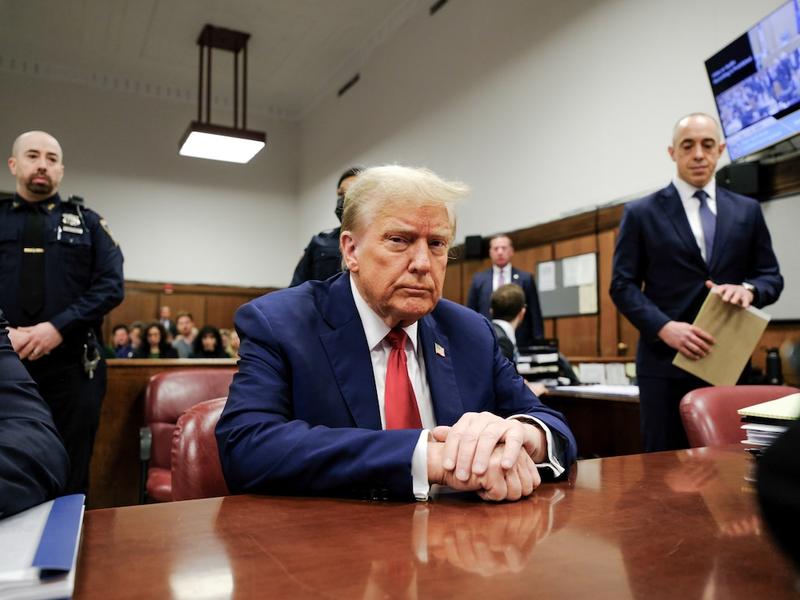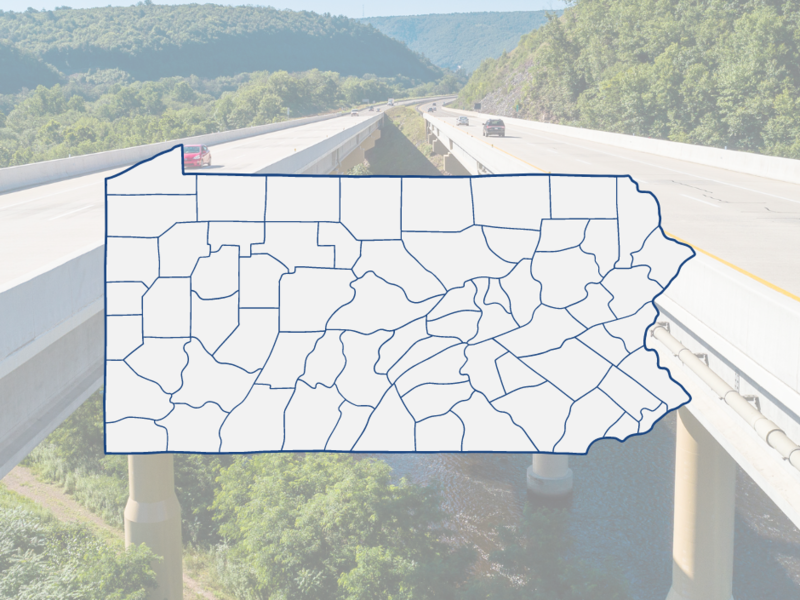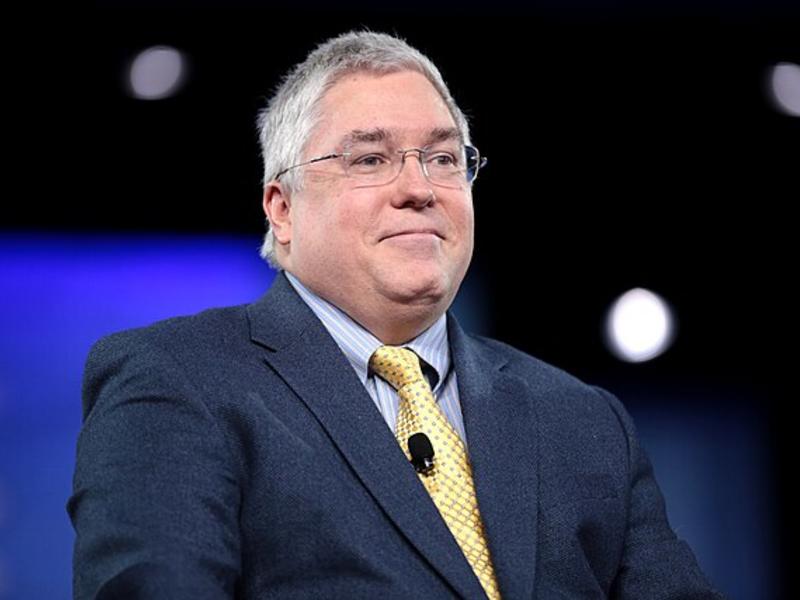
Secretary of State Mike Pompeo will not swoop in to be Republicans’ savior in the open Kansas Senate race — at least for now. That decision puts what should be a slam-dunk contest in further jeopardy and only widens the possible paths for Democrats to reach a Senate majority.
After flirting with a bid for months, Pompeo informed Senate Majority Leader Mitch McConnell this week he wouldn’t leave the administration and return home to run despite their entreaties. His decision came amid increasing tensions with Iran following a U.S. airstrike that killed military commander Qassem Soleimani. Some Senate GOP strategists do believe he was close to getting in until everything that transpired over the past week, even though there were other signs he was getting cold feet too.
With Pompeo not running, former Kansas Secretary of State Kris Kobach remains the frontrunner in the August 4 primary. National Republicans have outright said that the controversial Kobach can’t win a general election after losing the 2018 governor’s race by 5 points to Democrat Laura Kelly. In private polling, Republicans have Kobach losing to likely Democratic nominee Barbara Bollier, and Kobach leading every other Republican in a head-to-head except Pompeo.
Add in the fact that Democrats have a strong recruit in Bollier — a former Republican state senator who cited Trump as one of the reasons she switched parties in Dec. 2018. After former U.S. Attorney Barry Grissom dropped out of the primary in mid-October and threw his support behind Bollier, the DSCC did too. And just this week, Bollier announced an impressive 2019 Q4 haul of more than $1.1 million.
All those factors make it more imperative for Republicans to try and find any way for Kobach not to be their nominee. Republican strategists expect there to be a push to unite around one anti-Kobach candidate, and 1st District Rep. Roger Marshall does seem to be the most likely alternative. However, many Republicans think he’s been underwhelming so far as a candidate and that he needs to show better fundraising too to be competitive. At the end of October, Marshall did have about $1.9 million in the bank because of a transfer from his House account. However, he could have trouble uniting hard-core conservatives. Marshall has a low score with the Club for Growth, which opposed him in the 2016 primary, where he ousted incumbent GOP Rep. Tim Huelskamp.
Several other Republicans are running, but state Senate President Susan Wagle is probably the other strongest alternative. She ended Q3 with just under $500,000 in the bank, with $275,000 coming from her own pockets. Republicans could benefit from a female nominee to go up against Bollier, but most aren’t yet convinced she can best Kobach. And if both remain in the race, along with other candidates, they likely split most of the anti-Kobach vote and give him a path to victory in a state without a runoff. Pompeo’s exit does free up some donors that were probably waiting on the sidelines, so that could help them both bolster their candidacies.
Despite Kobach’s problematic 2018 campaign and his polarizing views —harsh anti-immigration stances and role in perpetuating President Trump’s unsubstantiated claims of widespread voter fraud — he has a loyal base and statewide name ID that neither Marshall nor Wagle enjoy. Only Pompeo would have been immediately able to contend with that.
It’s important to note though that national Republicans still believe the door isn’t completely closed with Pompeo. Let’s say it’s ajar, and they think it could be kicked open if come May (just ahead of the June 1 filing deadline) it still looks like Kobach will win the primary. They do think the Trump White House realizes the importance of keeping the Senate in GOP hands and could encourage him to do so. And that’s another reason why they don’t think the president won’t endorse Kobach, even though he’s long been a loyal Trump ally.
Kobach has argued that Kansas has switched between parties often in the governor’s mansion and pointed out that 1932 was the last time the state sent a Democratic senator to Washington — the longest streak in the country. And yes, casting a vote for governor is far different than a vote for a federal office. But after berating Kobach for months, if he does end up as their nominee, Republicans will have backed themselves into a corner and given Democrats plenty of political ammunition to use against him. And that means they would have to spend money in a state Trump carried by 20 points when they will need that money in Arizona, North Carolina and elsewhere.
Ultimately Kansas shouldn’t be a headache for the GOP, but it’s quickly becoming one. And as long as Kobach looks like the likely nominee — barring a reversal from Pompeo or a stronger showing from Marshall or Wagle or another candidate — that gives Democrats a much more plausible path. Given those dynamics, we’re moving this race to the Lean Republican column.
Image Credit: AP Photo/Carolyn Kaster, File










Subscribe Today
Our subscribers have first access to individual race pages for each House, Senate and Governors race, which will include race ratings (each race is rated on a seven-point scale) and a narrative analysis pertaining to that race.